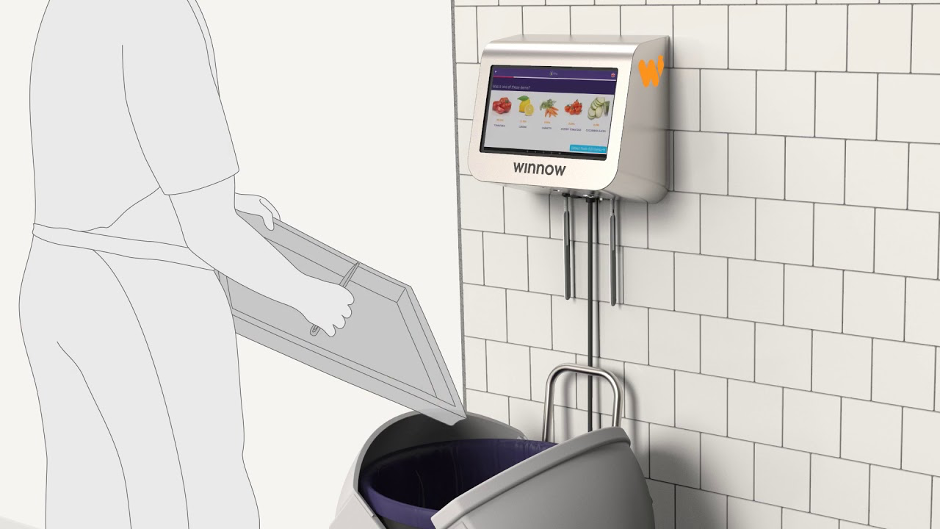
TITANIUM AND GRAPES
January 20, 2021
THE TASTE OF THE HEIGHTS
January 25, 2021What is it?
Food waste has been and it is still a problem in the hospitality industry for so many years now. It is also an environmental problem which has a negative impact on the global economy. Annually, roughly 1.3 billion tons of food is lost or goes to waste, which is one third or even one half of all food intended for human consumption.
Food waste costs the hospitality industry more than 100 billion dollars per year, and kitchen waste alone can waste up to 20% of food purchased. So, how can we reduce it? Winnow is the most advanced food waste technology in the market. Kitchens using Winnow know exactly what they are putting in their bins, and it is easier to track food waste. The system has a camera that takes photos of the wasted food as it is thrown away and, using the images, the machine trains itself to recognise what has been thrown in the bin. The Winnow Waste Monitor has a digital scale and a connected tablet, and using any bin the weight is recorded and then the user selects the reason and identifies the item or the dish by using the tablet.
Why it’s Cool?
- Restaurants can know the exact amount of food they are wasting and seek out ways of reducing it.
- Makes Chefs conscious about the food they waste.
- It is not only good for saving money and food it is also good for the environment.

Why it has future growth potential?
As we know food waste has a negative impact in our environment, and food waste management should be an integral part of the hospitality management. Winnow has saved around 36.500.000 of meals 42 million of dollars and 61 thousand tonnes of CO2. Also it increases the profits in the kitchen by saving between 3 and 8% on food cost.
Nowadays Winnow is being used in different restaurants and hotels chains as Compass Group Singapore, where they reduce the food waste up to 55%, IKEA Norway, where they saved over 126.000€ by reducing food waste, Costa Cruises, and Hilton Dubai Jumeriah Resort, where they saved 65.000$ by reducing food waste.




